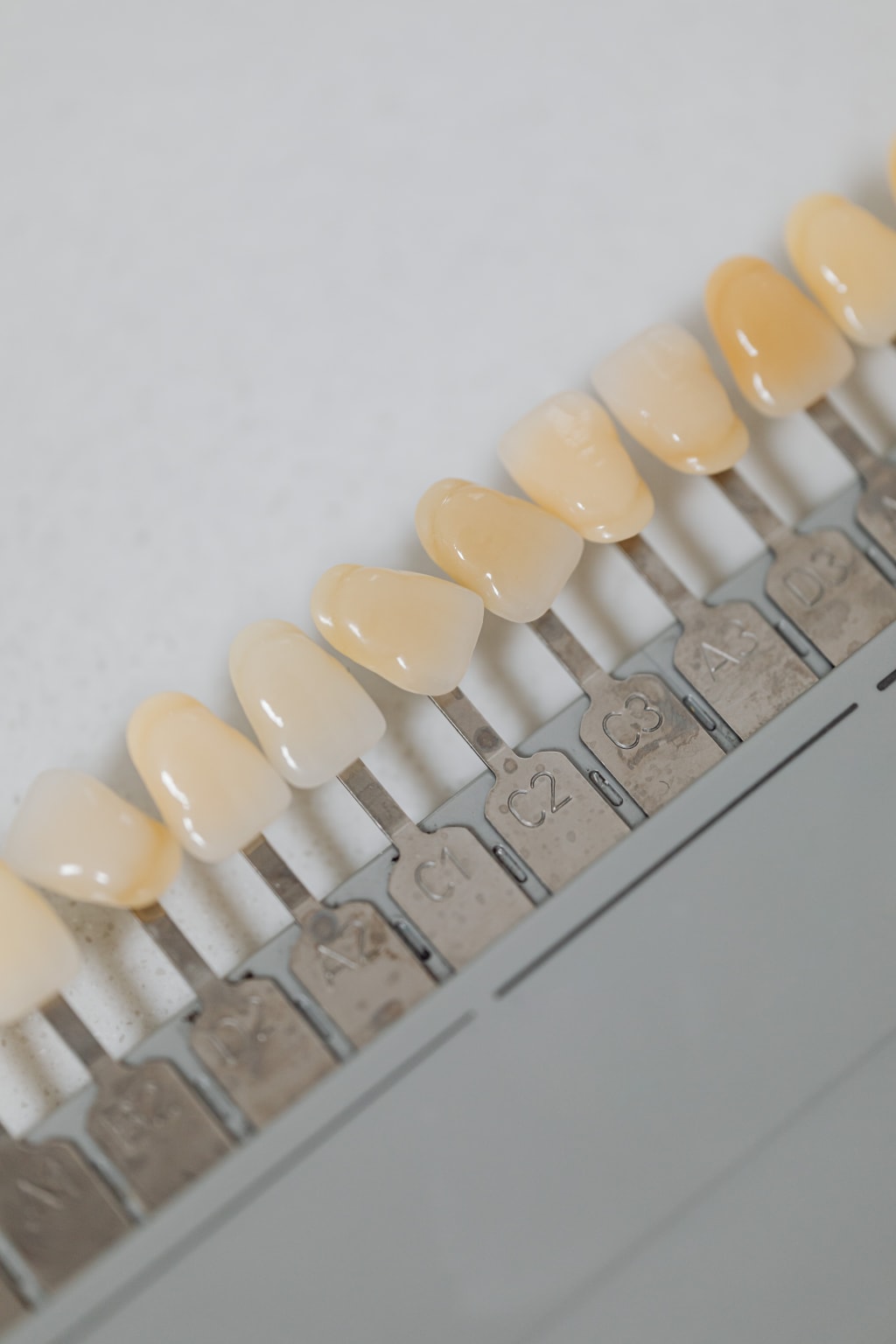Why do we have crooked teeth when our ancestors didn’t?
The ancient skulls discovered have remarkably straight teeth, without the aid of braces.

The ancient skulls discovered have remarkably straight teeth, without the aid of braces. This is not an unusual finding. The fossil record indicates that our ancestors typically had straight teeth, including wisdom teeth. The modern-day issues that require braces or wisdom teeth extractions seem to be a recent occurrence, as ancient humans did not face these dental problems.
It is difficult to ascertain the exact events that took place, but scientists have put forth a hypothesis. Several million years ago, our modern human ancestors led a subsistence lifestyle, requiring their teeth and jaws to work diligently to digest their food.
It has been observed that the surfaces of their teeth display significant wear and flattening. Additionally, they possessed larger jaws and teeth overall. It appears that they may have started using tools and fire to cook and prepare food at a certain point in time.
The process of breaking down took a considerable amount of time. Eventually, approximately 12,000 years ago, certain humans began practicing agriculture and domesticating animals and plants.
Over the course of several millennia, it gradually became more commonplace for individuals to process and refine their food. Milling technologies emerged to separate the tougher components of grains, such as the germ and bran from rice and wheat. Fast forward to the Industrial Revolution, and technological innovations significantly hastened these processes.
Over a short period of time, humans experienced relief from the strain of grinding, crushing, and pulverizing food. Interestingly, this coincided with an increase in tooth crookedness. Researchers have studied fossils spanning millions of years and noted a gradual decrease in tooth and jaw size in humans and our ancestors. It is believed that dietary shifts, such as the introduction of meat and cooking, occurred gradually throughout most of human history. Changes in tooth and jaw size kept pace with one another during this time.
The relationship between humans and their teeth has changed due to revolutions in agricultural and culinary habits. According to the theory, some populations experienced a reduction in jawbone size over a short period, while teeth remained the same size. This resulted in limited space, causing teeth to grow in eccentric positions and displace others. Wisdom teeth, which typically emerge last, only added to the problem, often having no space to emerge. This can lead to impacted wisdom teeth, causing discomfort and infections if not surgically removed. Therefore, larger jaws appear to be associated with greater chewing demands.
Numerous scientists posit that the reduction of chewy foods in people's diets has led to a decrease in jaw size. Consequently, this may result in dental crowding, impacted wisdom teeth, and dental crookedness. Some initial experimental data supports this hypothesis. In 1983, researchers conducted a study involving 43 squirrel monkeys.
A study was conducted on diets consisting of either naturally tough or artificially soft food. The results showed that those fed softer food had more crowded premolars, rotated or displaced teeth, and narrower dental arches. Another study conducted in 2004 observed that hyraxes raised on cooked foods experienced roughly 10% less growth in facial areas involved in chewing.
The issue of tooth crowding appears to be more environmental or lifestyle-related than genetic. Although heritable factors may be present in some cases. Tooth crowding affects a significant percentage of the population, ranging from 30 to 60%. However, this trend varies across different global populations.
Some individuals never develop wisdom teeth naturally, and some do not experience tooth crowding or crookedness despite having their wisdom teeth.
This phenomenon seems to be linked to diets that are less processed. To prevent tooth crowding, lifestyle changes and orthodontics may be necessary.
About the Creator
Sharon Okiri
Kenyan born, raised in Norway author, who loves writing about mystery and facts
please take time to leave a comment on my story so I can repay the favor.
Enjoyed the story? Support the Creator.
Subscribe for free to receive all their stories in your feed. You could also pledge your support or give them a one-off tip, letting them know you appreciate their work.





Comments
Sharon Okiri is not accepting comments at the moment
Want to show your support? Send them a one-off tip.